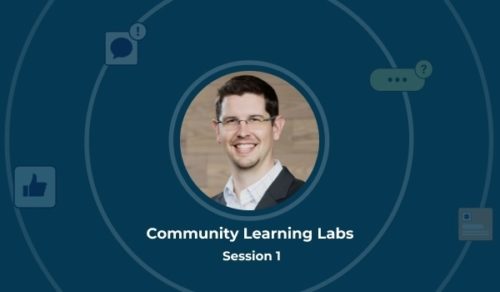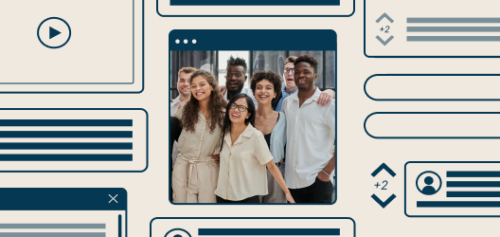 Logo
Logo
FEATURED
Community Learning Labs full series
Get guidance and best practices from community expert, Brian Oblinger, as you define your community strategy, select a vendor, implement the solution, and continue to drive long-term growth.



















